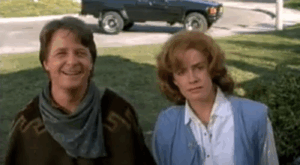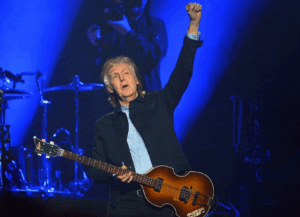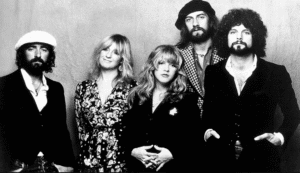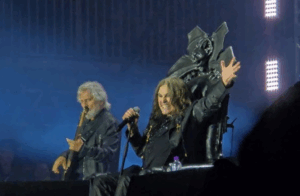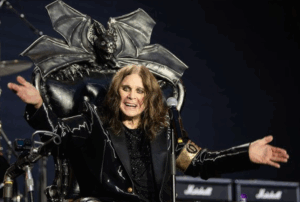1970s Bands That Didn’t Deserve To Be Forgotten
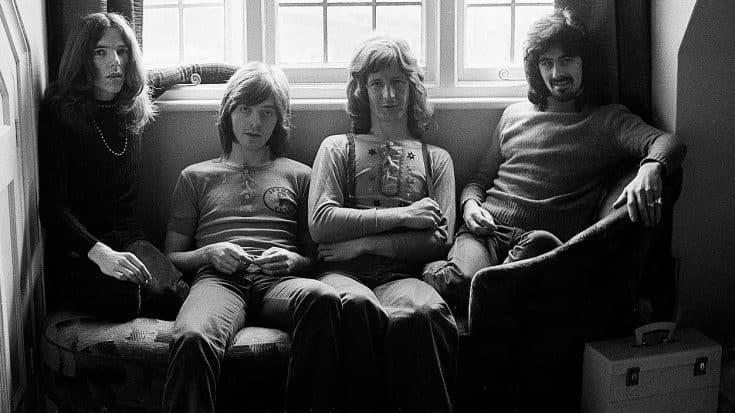
Michael Putland / Getty Images
The 1970s were packed with chart-topping giants — bands that didn’t just succeed, they dominated. Albums like The Dark Side of the Moon, Hotel California, Rumours, and Saturday Night Fever didn’t just sell millions — they helped define an era. The Eagles even made history in 1976 with Their Greatest Hits (1971–1975) becoming the first album to ever go platinum.
But not every band from the decade hit those same highs. Some were derailed by lineup changes or personal tragedy. Others found regional success but never broke through globally. A few were simply ahead of their time — more influential than popular. Whatever the reason, these artists didn’t reach the level of fame they arguably deserved.
In the list ahead, we look back at five ’70s bands that should’ve been way bigger. They left a mark — and it’s time more people noticed.
Poco
Poco helped shape the sound of country-rock long before it was cool, racking up three Top 40 albums — including 1978’s Legend, which went gold and hit No. 14. Their smooth hits like “Crazy Love” and “Heart of the Night” lit up the airwaves, but they never quite got their due. With ties to Buffalo Springfield (Richie Furay, Jim Messina) and future Eagles (Randy Meisner, Timothy B. Schmit), Poco’s legacy runs deep. Despite becoming Rock Hall eligible in 1995, they’ve never been nominated — even after the 2021 passing of longtime members Rusty Young and Paul Cotton.
Sweet
Sweet traded their bubblegum pop roots for glam and hard rock in the ’70s, with a powerhouse lineup featuring Brian Connolly, Andy Scott, Steve Priest, and Mick Tucker. They hit their stride mid-decade with albums like Sweet Fanny Adams in the U.K. and Desolation Boulevard and Give Us a Wink in the U.S. Their wild anthem “The Ballroom Blitz” became a global hit, but things shifted after 1978’s “Love Is Like Oxygen” when Connolly left to go solo. By the 2020s, only guitarist Andy Scott remained from the classic lineup.
Little Feat
Little Feat kept going after the 1979 death of frontman Lowell George, but they never quite reached the same success as they did with Dixie Chicken (1973) or Feats Don’t Fail Me Now (1974), which kicked off a run of four straight Top 40 albums. George had made a mark with “Willin’,” a song with drug references he claimed got him fired from Frank Zappa’s band. It was later covered by The Byrds and Linda Ronstadt. Even so, Little Feat stayed more cult favorite than household name, despite still making great music, like 2024’s Sam’s Place.
10cc
10cc was basically a British art-pop dream team, made up of Lol Creme, Kevin Godley, Graham Gouldman, and Eric Stewart. Each member was a talented songwriter and multi-instrumentalist, which helped them land five straight albums in the U.K. Top 10 during the ’70s. But their unique, genre-blending style made it tougher to catch on in the U.S. That changed with hits like “I’m Not in Love” (1975) and “The Things We Do for Love” (1976). Still, when Godley and Creme left to focus on music videos, the band’s momentum took a big hit.
Badfinger
Badfinger got an early leg up thanks to the Beatles, who signed them and helped shape Paul McCartney’s “Come and Get It” into their breakthrough hit. The band kicked off the ’70s strong with three straight Top 15 hits in the U.S., including the No. 4 favorite “Day After Day” in 1971. Harry Nilsson also turned their song “Without You” into a chart-topping smash. Sadly, financial troubles tore the band apart, and both of their main songwriters died by suicide. Joey Molland kept the name alive until his passing in 2025.










